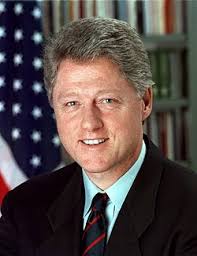A Comprehensive Overview of US Presidents

Introduction
The role of the President of the United States is pivotal in not only shaping domestic policy but also in influencing global affairs. As the head of the executive branch of government, US Presidents have the power to enact legislative changes, make crucial foreign policy decisions, and respond to national crises. Understanding the significance of these leaders helps in comprehending the evolution of the United States as a nation.
The Legacy of US Presidents
The lineage of US Presidents dates back to George Washington, who set the precedent for the office and served from 1789 to 1797. Washington’s leadership style and decision-making processes established a blueprint that subsequent Presidents would often emulate or react against. Notably, Abraham Lincoln, who served during the tumultuous Civil War, is remembered for his efforts to preserve the Union and abolish slavery via the Emancipation Proclamation.
In more recent history, figures such as Franklin D. Roosevelt, who was instrumental in leading the country through the Great Depression and World War II, and Barack Obama, who broke historical barriers by becoming the first African-American President, have left lasting impacts that shape current political dialogues.
Current US Presidents and Their Policies
As of 2023, Joe Biden serves as the 46th President, having assumed office on January 20, 2021. His administration has focused on several critical issues, including managing the COVID-19 pandemic, addressing climate change, and advancing social equity. Biden’s policies reflect an attempt to unify a deeply divided electorate while also seeking to innovate on issues like healthcare and economic recovery.
Conclusion
The influence of US Presidents continues to resonate through policy, public sentiment, and international relations. Each President brings a unique perspective that reflects the zeitgeist of their era, and their decisions shape the course of American history. As the political landscape evolves, the role of future Presidents will be critical in navigating challenges both domestically and globally. Understanding their legacies provides insight into the nation’s ongoing journey toward its foundational ideals.
